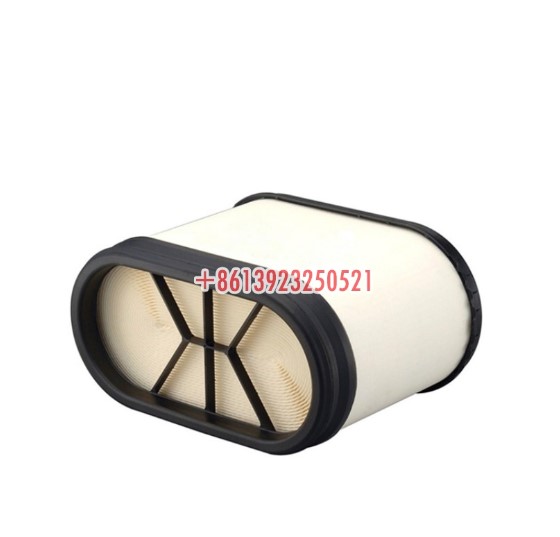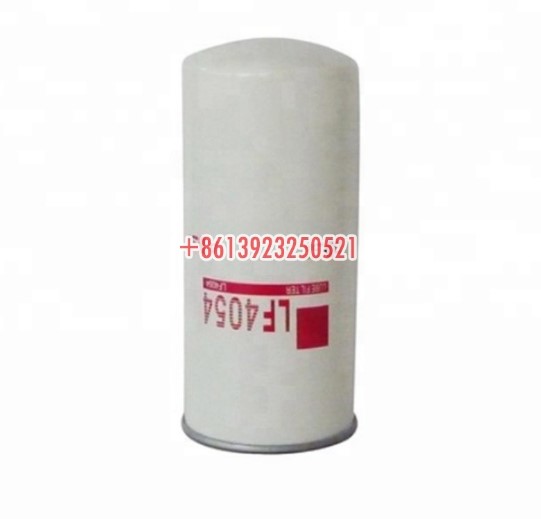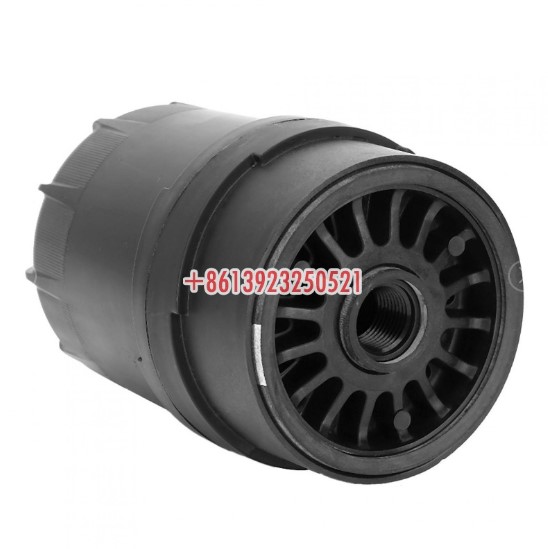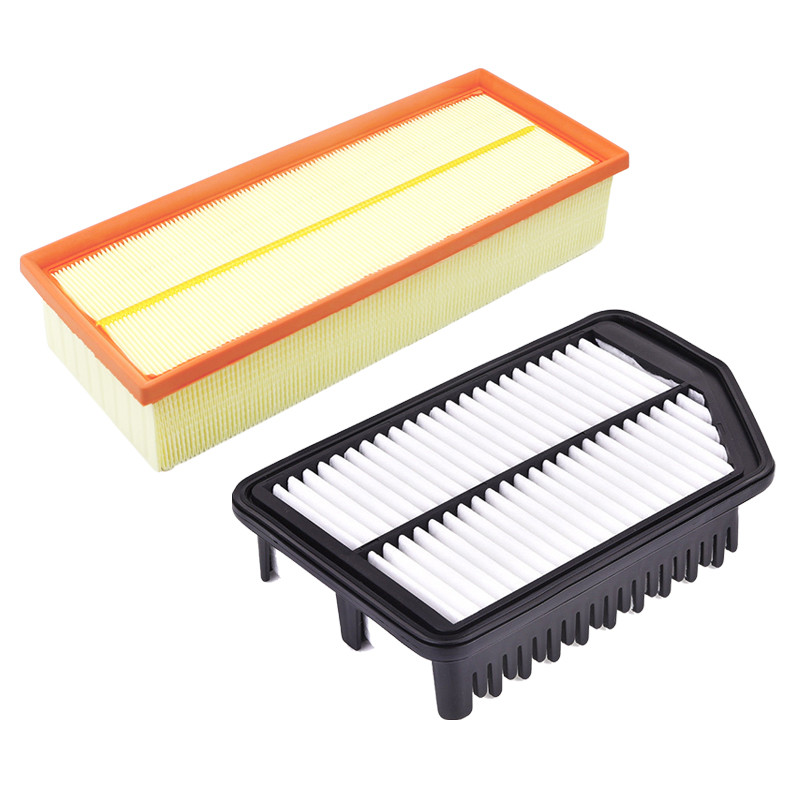Maintaining your vehicle regularly is critical to keeping it operating smoothly and effectively. Among the many components that must be serviced, filters play an important part in guaranteeing the longevity and performance of your vehicle. Understanding which filters to change and when is essential for every car owner. In this guide, we'll delve into the different filters in your car and provide insights into when and why you should change them.
Engine Air Filter: Ensuring Clean Air for Optimal Performance
The engine air filter is a key component that protects your engine from airborne pollutants. The filter keeps dust, dirt, and debris out of the engine while you drive, preventing early wear and lost performance. Regularly checking and replacing the engine air filter, usually recommended every 12,000 to 15,000 miles, is crucial to maintain proper airflow and ensure your engine operates at its best.

Cabin Air Filter: Breathing Easy Inside Your Vehicle
The cabin air filter ensures the air you breathe inside your car is clean and free from pollutants. Over time, this filter can accumulate dust, pollen, and other airborne particles, impacting the efficiency of your heating and air conditioning systems. Changing the cabin air filter once a year or as advised in your vehicle's handbook improves air quality and helps overall driving comfort.
Oil Filter: Safeguarding Engine Health Through Regular Oil Changes
The oil filter is a key component in preserving the health of your engine by trapping contaminants present in the engine oil. Regular oil changes typically performed every 3,000 to 5,000 miles, involve replacing the oil filter to ensure optimal lubrication and prevent engine damage. Maintaining top engine performance requires adhering to the manufacturer's recommendations for oil changes and filter replacements.

Transmission Filter: Preserving Transmission Fluid Quality
For vehicles with automatic transmissions, the transmission filter is crucial for maintaining clean transmission fluid. The filter catches dirt and pollutants, preventing them from causing harm to the transmission components. gearbox service, including filter replacement, is normally advised every 30,000 to 60,000 miles to ensure smooth gear changes and to extend the life of the gearbox.
Fuel Filter: Ensuring Clean Fuel for Efficient Engine Operation
By filtering the gasoline before it reaches the fuel injection system, the fuel filter serves an important function in keeping contaminants out of your engine. While some vehicles have long-lasting fuel filters, it's important to check and replace them at the recommended intervals, usually around 30,000 to 60,000 miles. A clean fuel filter contributes to efficient combustion, improved fuel economy, and overall engine performance.

Brake Fluid Filter: Confirming Brake System Integrity
While not all cars have a separate brake fluid filter, some do have a filter in the brake fluid reservoir. This filter keeps impurities from affecting the brake system's integrity. If your vehicle includes a brake fluid filter, consult your owner's manual for the recommended replacement interval, contributing to reliable brake performance and overall safety.
Conclusion
Incorporating proactive filter maintenance into your normal auto care regimen ensures that your vehicle performs at optimal efficiency, has fewer difficulties, and has a longer lifespan. If you are looking for a reliable car filter supplier, COOBELL is your good choice. We offer a wide range of car filters to meet the customer's needs. Please feel free to browse our website for more product details!
FAQs
FAQ 1: How often should I change my engine air filter?
Answer: The frequency of changing the engine air filter depends on various factors, such as your driving conditions and the manufacturer's recommendations. In general, it's advisable to check and potentially replace the engine air filter every 12,000 to 15,000 miles or as specified in your vehicle's owner's manual. However, if you frequently drive in dusty or polluted environments, more frequent inspections may be necessary to ensure optimal engine performance.
FAQ 2: Is it necessary to change the cabin air filter if my car's windows are usually closed?
Answer: Yes, it is still important to change the cabin air filter even if you primarily drive with closed windows. The cabin air filter not only filters out external pollutants but also ensures the air circulating inside your vehicle remains clean. Over time, a clogged cabin air filter can compromise the efficiency of your heating and air conditioning systems, leading to decreased performance and comfort. Changing the cabin air filter annually or as recommended in your vehicle's manual is a simple step to maintain a healthy driving environment.
FAQ 3: How do I know if my fuel filter needs replacement?
Answer: While fuel filters in modern vehicles are designed to last for an extended period, it's essential to be aware of potential signs that indicate a need for replacement. If you notice a decrease in fuel efficiency, engine misfires, or hesitation during acceleration, it might be time to check and replace the fuel filter. Keep in mind that following the manufacturer's recommended interval, typically around 30,000 to 60,000 miles, is crucial for ensuring clean fuel delivery and optimal engine performance.


.jpg)
.jpg)
